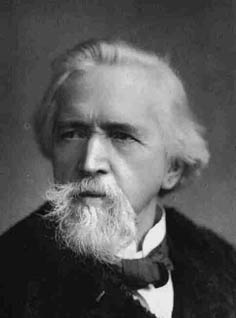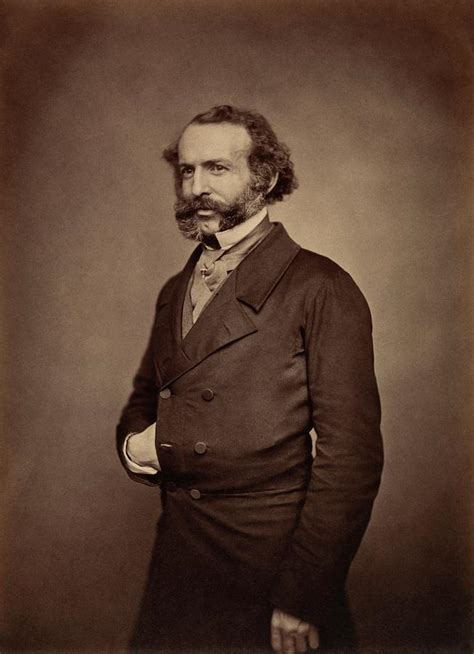A Quote by Joseph Addison
We see no where the pernicious effects of luxury on a republic more than in that of the ancient Romans, who immediately found itself poor as soon as this vice got footing among them, though they were possessed of all the riches in the world.
Related Quotes
A poor man cannot rival the rich in luxury of life, but he can in luxury of knowledge. He cannot furnish his house as the wealthy can, but he can furnish his head. He cannot found a house of note, but he may found a mind of mark. Though some kingdoms may be adorned or afflicted with kings, learning has always been a republic, where all are equal who know.
Humility is often only the putting on of a submissiveness by which men hope to bring other people to submit to them; it is a morecalculated sort of pride, which debases itself with a design of being exalted; and though this vice transform itself into a thousand several shapes, yet the disguise is never more effectual nor more capable of deceiving the world than when concealed under a form of humility.
The poor, and especially poor people of color, don't have the luxury of raising 'free-range' children without risking severe consequences. Parents of color don't receive a visit and a warning if their children are found playing alone; they are immediately blamed and far more likely to be arrested or lose custody of their children.
If Aristotle, Livy, and Harrington knew what a republic was, the British constitution is much more like a republic than an empire. They define a republic to be a government of laws, and not of men. If this definition is just, the British constitution is nothing more or less than a republic, in which the king is first magistrate. This office being hereditary, and being possessed of such ample and splendid prerogatives, is no objection to the government's being a republic, as long as it is bound by fixed laws, which the people have a voice in making, and a right to defend.
Repeal that [welfare] law, and you will soon see a change in their manners. ... Six days shalt thou labor, though one of the old commandments long treated as out of date, will again be looked upon as a respectable precept; industry will increase, and with it plenty among the lower people; their circumstances will mend, and more will be done for their happiness by inuring them to provide for themselves, than could be done by dividing all your estates among them.
When engaged in safe occupations, and living in healthy countries, men are much more apt to be frugal, than in unhealthy, or hazardous occupations, and in climates pernicious to human life. Sailors and soldiers are prodigals. . . . War and pestilence have always waste and luxury, among the other evils that follow in their train.
In less than a century after the barbarian nations settled in their new conquests, almost all the effects of the knowledge and civility, which the Romans had spread through Europe, disappeared. Not only the arts of elegance, which minister to luxury, and re supported by it, but many of the useful arts, without which life can scarcely be contemplated as comfortable, were neglected or lost.
A vice sanctioned by the general opinion is merely a vice. The evil terminates in itself. A vice condemned by the general opinion produces a pernicious effect on the whole character. The former is a local malady; the latter, constitutional taint. When the reputation of the offender is lost, he too often flings the remainder of his virtue after it in despair.
We make two mistakes about the ancient world. One is to assume they were better than us - that, for instance, the ancient Olympics didn't involve money-making. The opposite mistake, and just as common, is to think our Olympics are much more civilised than ancient sporting competitions. Neither is true.



































